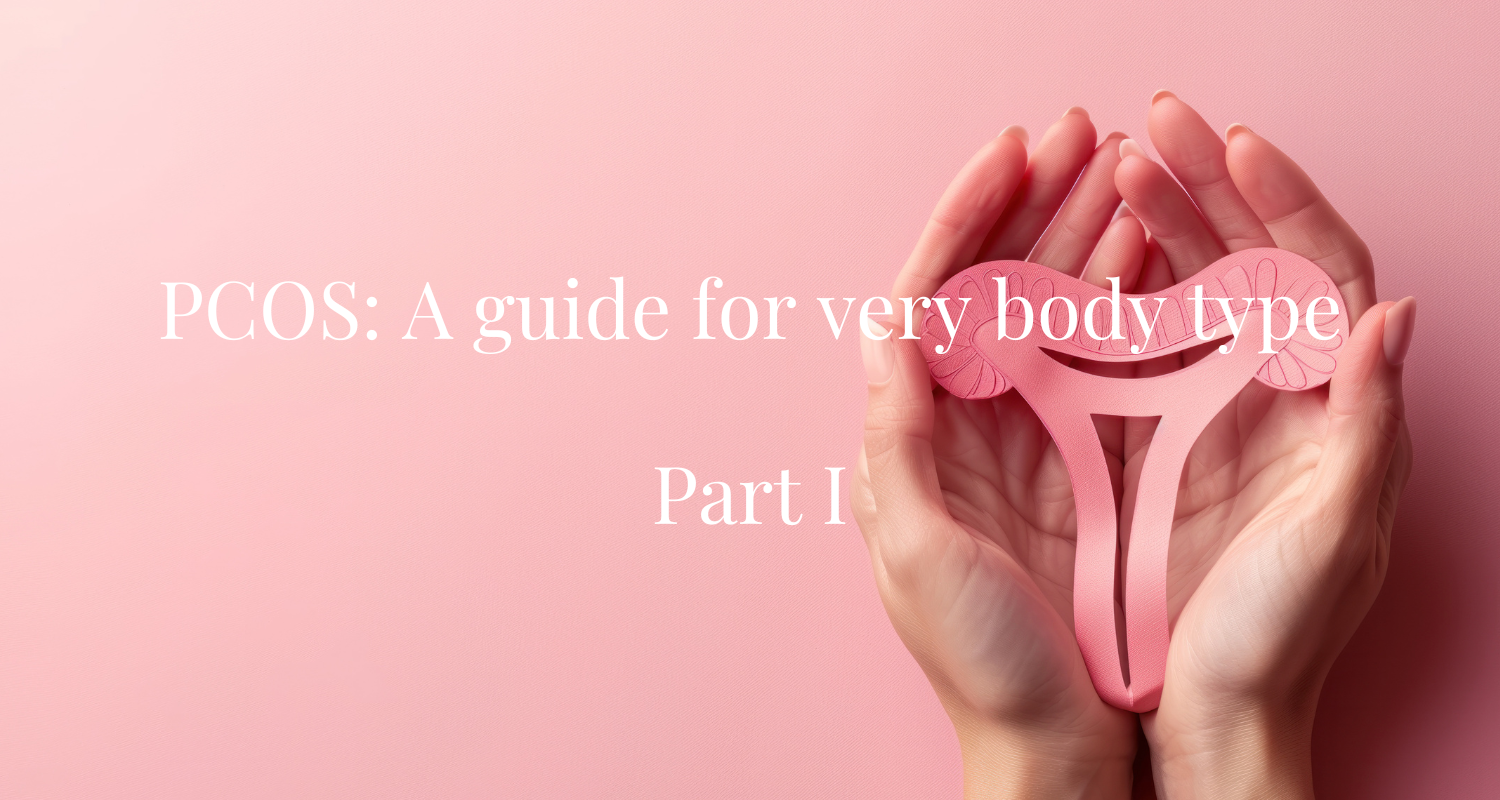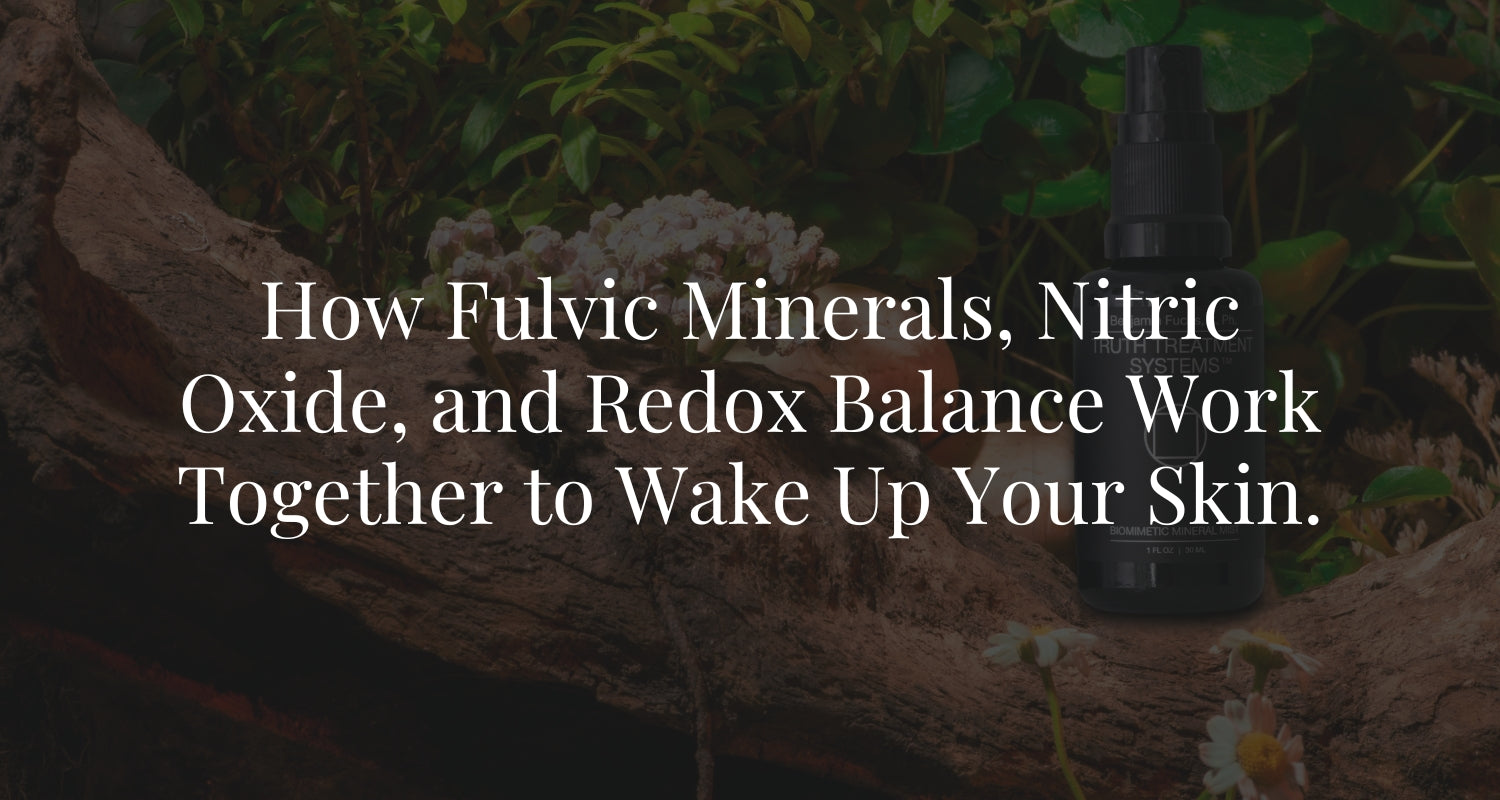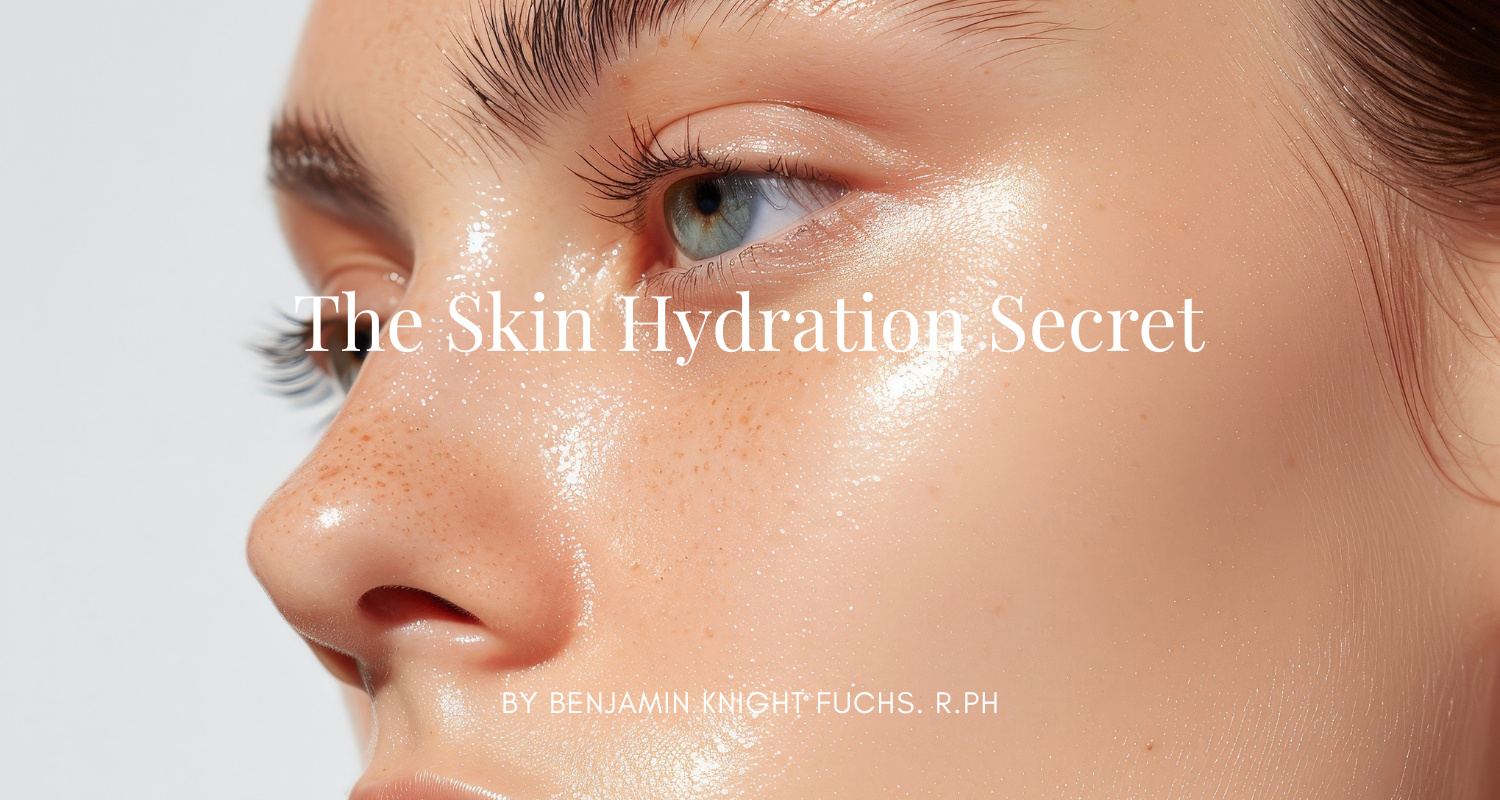
PCOS Symptoms and Hormonal Imbalance: A Guide for Every Body Type- Part I
PCOS Symptoms and Hormonal Imbalance: A Guide for Every Body Type
By Benjamin Knight Fuchs, R.Ph.
PART 1
I remember when I first started hearing about Polycystic Ovary Syndrome (PCOS) almost 25 years ago. Back then it was not really the “thing” it is today, partially because the skin care business was much less sophisticated than it is today and also because the condition was nowhere near as prevalent. These days it’s become much more prevalent and it’s likely that most estheticians have come across multiple patients and clients who are dealing with PCOS, a hormonal condition that affects women during their reproductive years.
In this two part article we’ll first discuss what PCOS actually is and then what can be done in a non-medical fashion to address the problem
The biggest misconception (no pun intended!) about PCOS is that it only affects women who are overweight. That's just not true! PCOS can show up in all sorts of ways, affecting skin, fertility, and overall well-being, regardless of your size. So, we're gonna dive deep into what's really going on with PCOS, look at the different symptoms (even for those of you who are lean or super fit!), and give you some practical tips for both preventing and managing it, especially if you're into holistic health. Sound good?
Decoding PCOS: It's More Than Just One Thing
PCOS isn't a simple "one cause, one disease" kind of thing. It's actually a result of a bunch of different hormonal imbalances and other factors all working together. Think of it like a complicated web. Let's break down the key players:
• Too Much 'Male Hormone' (Androgen Excess)
Okay, so androgens are often called "male hormones" like testosterone. But guess what? Women have them too! In PCOS, either the ovaries or the adrenal glands (you've got 'em on top of your kidneys) start cranking out way too many of these androgens. This surplus is the main reason for a lot of the PCOS symptoms you might experience.
• Insulin Doesn't Work So Well (Insulin Resistance)
Insulin is super important because it regulates your blood sugar. It helps get glucose (sugar) from your food into your cells, where it can be used for energy. When you're insulin resistant, your cells basically get a little deaf to insulin's message. So, your body has to pump out even more insulin to try and get the job done. And guess what that extra insulin does? It tells your ovaries to make even more androgens! It's a never-ending cycle.
• Fertility Hormones All Mixed Up (Fertility Hormone Imbalance)
Your menstrual cycle is carefully controlled by two hormones from the pituitary gland in your brain: luteinizing hormone (LH) and follicle-stimulating hormone (FSH). In PCOS, the balance is often off, with LH levels being higher than FSH. This messes with normal ovulation (releasing an egg), leading to those irregular or missed periods.
Forget the 'Cyst' Thing!
The name "polycystic ovary syndrome" can be super confusing. A lot of women with PCOS do have lots of tiny cysts on their ovaries (which can be seen on an ultrasound). BUT, it's not a universal symptom. You can have PCOS without having cysts, and you can have cysts without having PCOS! These "cysts" are usually just enlarged follicles – basically, immature egg sacs. They aren't harmful in themselves. PCOS is diagnosed based on a cluster of symptoms, not just on whether you have cysts or not. Got it?
Skin Symptoms: What You Can See
Those high androgen levels can seriously mess with your skin:
• Acne: Excess androgens get those oil glands working overtime, leading to clogged pores and breakouts. It's not just your face, either – it can show up on your chest and back too.
• Excess Hair (Hirsutism): This is that excessive hair growth in a more "male" pattern. Think upper lip, chin, chest, back, and abdomen.
• Hair Loss (Alopecia - Male-Pattern Baldness): Androgens can also cause thinning hair on your scalp, especially at the hairline.
• Dark Patches (Acanthosis Nigricans): This causes dark, velvety patches of skin in folds like the neck, armpits, and groin. It's a big sign of insulin resistance.
Reproductive Impacts: Messing With the Natural Flow
PCOS majorly affects your reproductive system:
• Irregular or Missed Periods: This is a huge symptom. Hormonal imbalances stop regular ovulation, leading to periods that are infrequent, really long, or just plain absent.
• Trouble Getting Pregnant (Infertility): This is a common worry. Irregular or absent ovulation makes getting pregnant naturally much harder.
• Ovarian Cysts: A lot of women with PCOS have those tiny cysts on their ovaries that we talked about.
• Pregnancy Risks Go Up: Women with PCOS have a higher risk of gestational diabetes (diabetes during pregnancy), preeclampsia (high blood pressure during pregnancy), and preterm birth (having the baby too early).
Lean PCOS: Busting the Weight Myth! And Muscular Builds
Here's where it gets really important: it's a complete myth that PCOS only affects overweight women. While weight is a factor for some, PCOS definitely happens in women who are a normal weight, or even lean and muscular! It's crucial to understand this.
How Does PCOS Happen in Lean, Muscular, and Non-Obese Women?
• Insulin Resistance: It Doesn't Care About Your Weight! Lean, muscular, and fit women with PCOS can still have insulin resistance. Even if you're at a healthy weight and have a lot of muscle, your cells might not be responding to insulin as well as they should. This can be a total shock to people who think they're living a "healthy" lifestyle.
• Visceral Fat Matters: Lean women with PCOS might have a higher-than-expected amount of visceral fat. This is the fat that's stored deep inside your abdomen, around your organs. Even if your overall body fat is low, having more visceral fat contributes a lot more to insulin resistance than subcutaneous fat (the stuff you can pinch under your skin). This is especially important for muscular women who may look really lean!
• "Healthy" Eating Isn't Always What You Think: A lean or muscular woman might be eating what they think is a healthy diet, but the specific types of foods and ratios of protein, carbs, and fats could still be contributing to insulin resistance. For example, a diet that's high in refined carbs or processed "healthy" snacks can still cause blood sugar spikes.
• Muscles and Glucose: It's Complicated: While having more muscle does improve how your body uses glucose, if you have underlying insulin resistance, it can still be present, even if you're super muscular.
The Hormone Domino Effect: It's All Connected!
Insulin, androgens, and estrogen – they're all part of a super-connected network. If one hormone is out of whack, it can cause a whole chain reaction.
• Insulin and Androgens: If your insulin levels are high, they tell your ovaries to make more androgens, which makes symptoms like acne and hirsutism worse.
• Androgens and Estrogen: High androgens can interfere with how your body makes estrogen, leading to even more hormonal imbalances and problems with your periods. Plus, some of those extra androgens can get converted into a weaker type of estrogen called estrone in your fat tissue. This could increase your risk of estrogen-related conditions like endometrial cancer.
Coming Next
In our next message, we’ll talk about what can be done to address PCOS from a nutritional and dietary standpoint.
By Benjamin Knight Fuchs, R. Ph.


